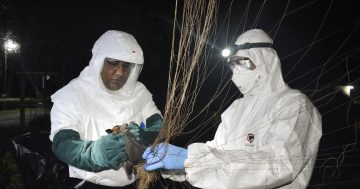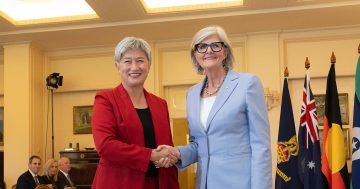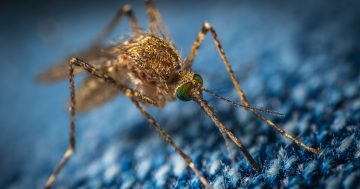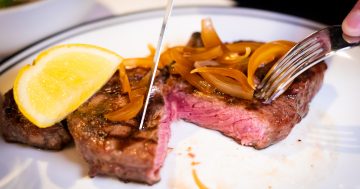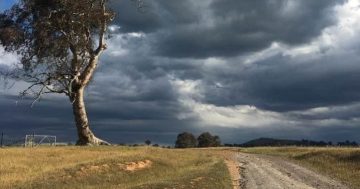 Australia has joined global action to mark World Zoonoses Day this year pressuring countries with wildlife wet markets to take note of the pandemic risks they pose.
Australia has joined global action to mark World Zoonoses Day this year pressuring countries with wildlife wet markets to take note of the pandemic risks they pose.
Celebrated on 6 July each year to recognise the achievements of French biologist and chemist, Louis Pasteur (pictured), the international Day recognises his administering of the first rabies vaccination on 6 July 1885.
The Day draws awareness to the diseases that can spread from animals to people, a combination that makes up a large percentage of all existing and newly identified infectious diseases around the world.
Minister for Agriculture, Drought and Emergency Management, David Littleproud said that just like the current COVID-19 example, some zoonotic diseases posed a serious threat to humanity.
“Fundamental changes are needed at the global level to prevent another pandemic of zoonotic origins,” Mr Littleproud said.
“That is why we are calling for a concerted global effort to reduce high-risk human-wildlife interactions, such as those occurring at wildlife wet markets.”
He said Australia supported coordinated global action and targeted support for countries to mitigate the pandemic risks posed by wildlife wet markets, including a phasing out of such markets where risks could not be sufficiently managed.
“In April this year I sought the support of the Director General of the World Organisation for Animal Health (OIE) for global reforms to wildlife trade underpinned by a scientific review,” the Minister said.
“I commend the OIE for the leadership and concrete action it has shown to develop a new global program of work aimed at reducing the risk of zoonotic disease spill-over events associated with human use of wildlife,” he said.


